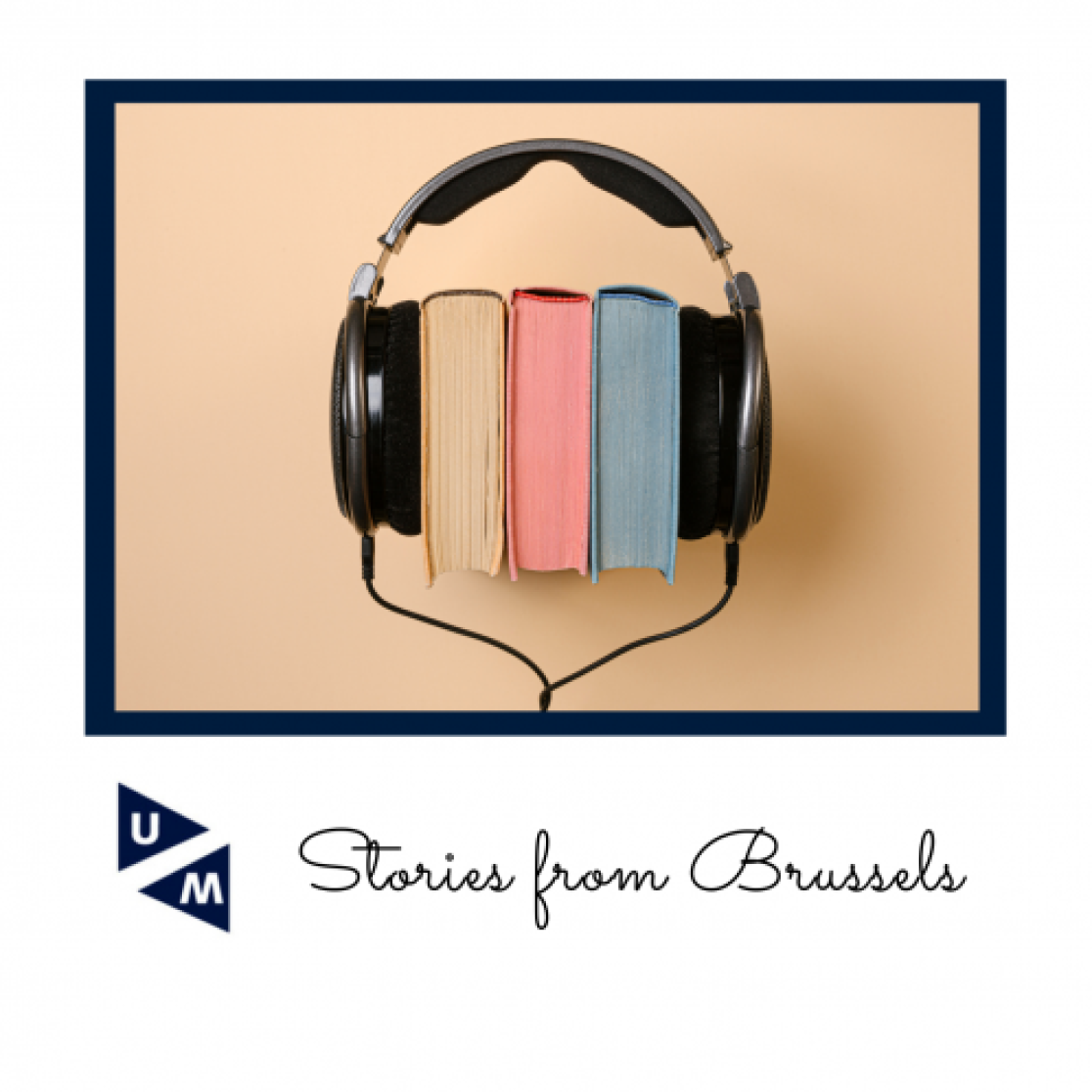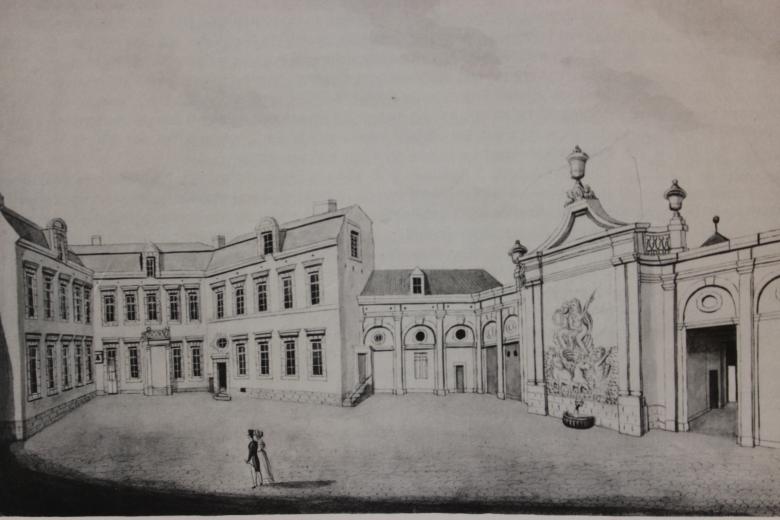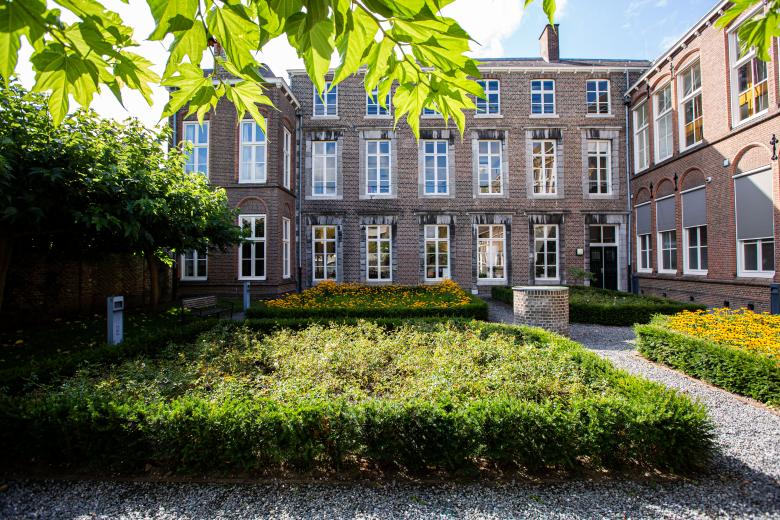About FASoS
The Faculty of Arts and Social Sciences (FASoS) is one of six faculties at Maastricht University and was established in 1994. It brings together scholars from diverse disciplinary backgrounds—historians, political scientists, sociologists, literary and arts scholars, anthropologists, philosophers, and others—to collaborate in joint research. This interdisciplinary spirit is central to our teaching as well: all our programmes expose students to a range of perspectives and academic traditions.
International outlook
FASoS offers a truly international environment, where diversity of thought and background is one of our greatest strengths. With students and staff from all over the world, everyday interactions are enriched by different viewpoints and experiences. All programmes at FASoS are taught entirely in English, and with 77% of our students and 42% of our staff coming from abroad, we are Maastricht University’s most international faculty. This global community strengthens the international orientation of our education and research.
Historic location
The Faculty of Arts and Social Sciences (FASoS) is located in the heart of Maastricht, housed in a collection of beautifully preserved historic buildings. One of the most notable is the Hof van Tilly, an 18th-century city palace that once served as the residence of French general Jean Baptiste de Tilly. These buildings are not only architecturally impressive, but also rich in history, forming an integral part of Maastricht’s cultural heritage. Combined with the artwork and design details in and around them, they contribute to the unique character of both the city and the university. The inspiring environment offers a distinctive and stimulating setting for study and research. Whether you're visiting or studying here, the buildings and their stories are well worth exploring.
More information:
Podcast Series "Stories from Brussels"
Did you know that Maastricht University has a large academic community living and working in Brussels? Are you curious to learn how fellow UM staff, researchers and students have been experiencing the current lockdown? Find out how your UM colleagues are managing to combine their research with digital teaching or hear from UM students living in Brussels and their stories.
The UM Campus Brussels podcast series 'Stories from Brussels' aims to connect people from different UM communities in order to share personal experiences on what it's like to live and work in Brussels. Listen to UM Campus Brussels as we chat informally with UM researchers, alumni and students about what they are working on, how they have adapted, and how they see the future.


